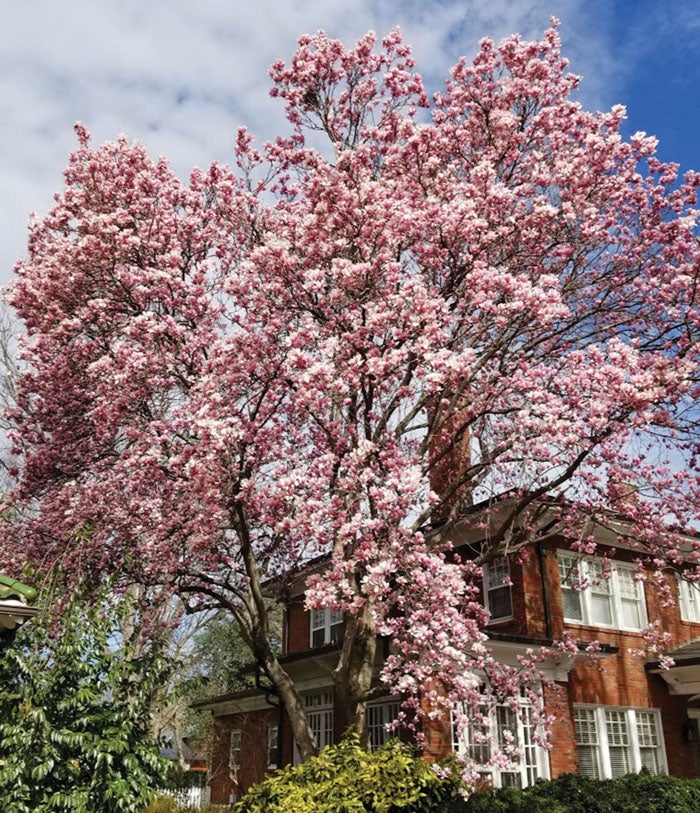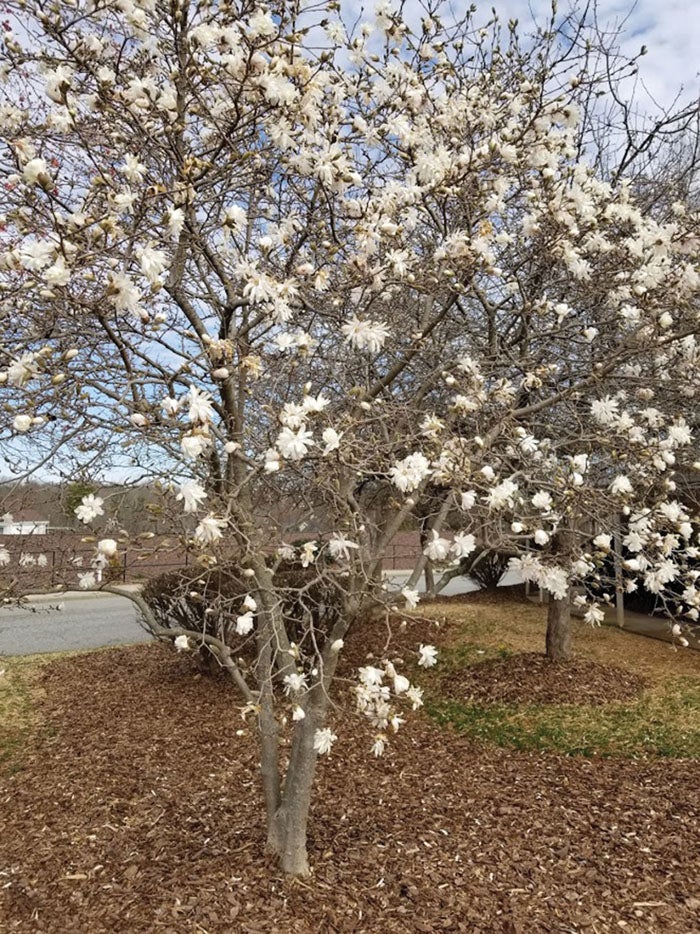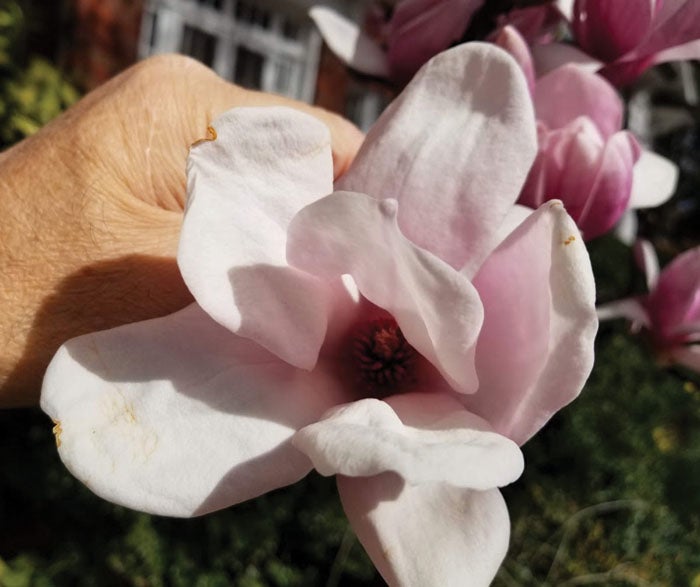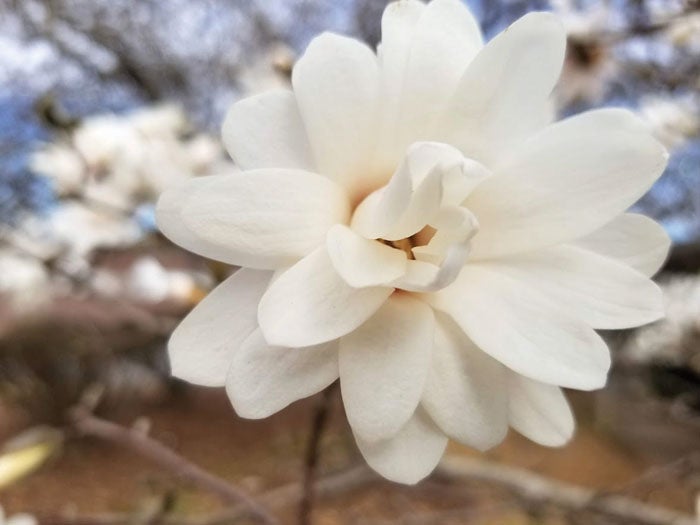Darrell Blackwelder: Magnolias are blooming early
Published 12:00 am Friday, March 1, 2019
Many flowering trees are in their splendor, especially deciduous magnolias.
Some of these magnolias are a few weeks early and their blooms are quite spectacular. Enjoy these blooms now as they are very susceptible to frost and cold weather, which is possible next week. Many of these are at their peak not only in residential landscapes, but as accent plants along our roadways.
Almost indestructible, these small flowering trees are fast becoming a favorite planting on right of ways, streets and other difficult landscape locations. Deciduous magnolias seem to thrive on neglect and are used as compact, small accent shrubs or trained tree form plants gradually reaching 15 feet wide and often over 30 feet tall.
There are over 50 different types of deciduous magnolias, but most homeowners in our area plant two types: the tulip or saucer magnolia, (Magnolia soulangeana) and the star magnolia (Magnolia stellata). Both types have cultivars featuring a vast variety of flower colors, shapes and growth habits.
Tulip magnolia trees are now blazing with colorful flowers as the name implies, resembling a large tulip. Colors range from deep purple to pale yellow. Yulan magnolia (Magnolia heptapeta) is very similar to the common purple magnolia but has white flowers on a grafted rootstock. These trees can grow up to 30 feet tall and, if pruned correctly, can be grown as a shade tree.
The star magnolia is somewhat smaller and can be grown as a large shrub or trimmed to form a small tree. The flower shape and color of this tree varies, also depending on the cultivar. Most popular cultivars of star magnolias in our area are perfectly star-shaped with 18-28 white petals. Great examples of deciduous magnolia types can be found at Hurley Park in Salisbury.
Both types bloom very early and are prone to late frost damage, so carefully select cultivars that are late bloomers. Fortunately, many garden centers and retail outlets stock these popular plants. N.C. State University has two websites with more detailed information on new cultivars.
For information about tulip or saucer magnolia (Magnolia soulangiana), go to: https://plants.ces.ncsu.edu/plants/all/magnolia-x-soulangiana/
For more information about star magnolia (Magnolia stellata), go to: https://plants.ces.ncsu.edu/plants/all/magnolia-stella/
Darrell Blackwelder is the retired horticulture agent with the North Carolina Cooperative Extension Service in Rowan County.







